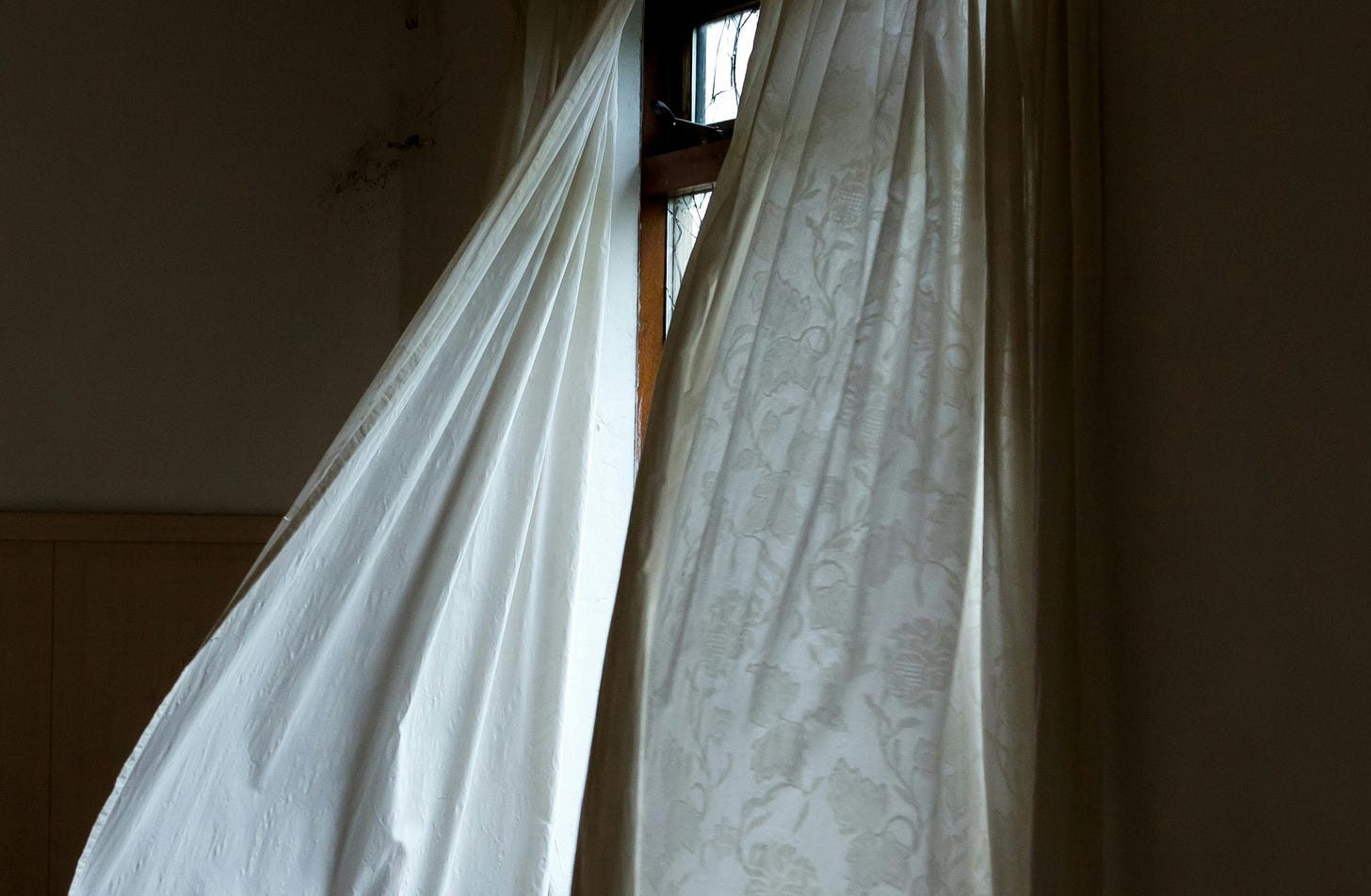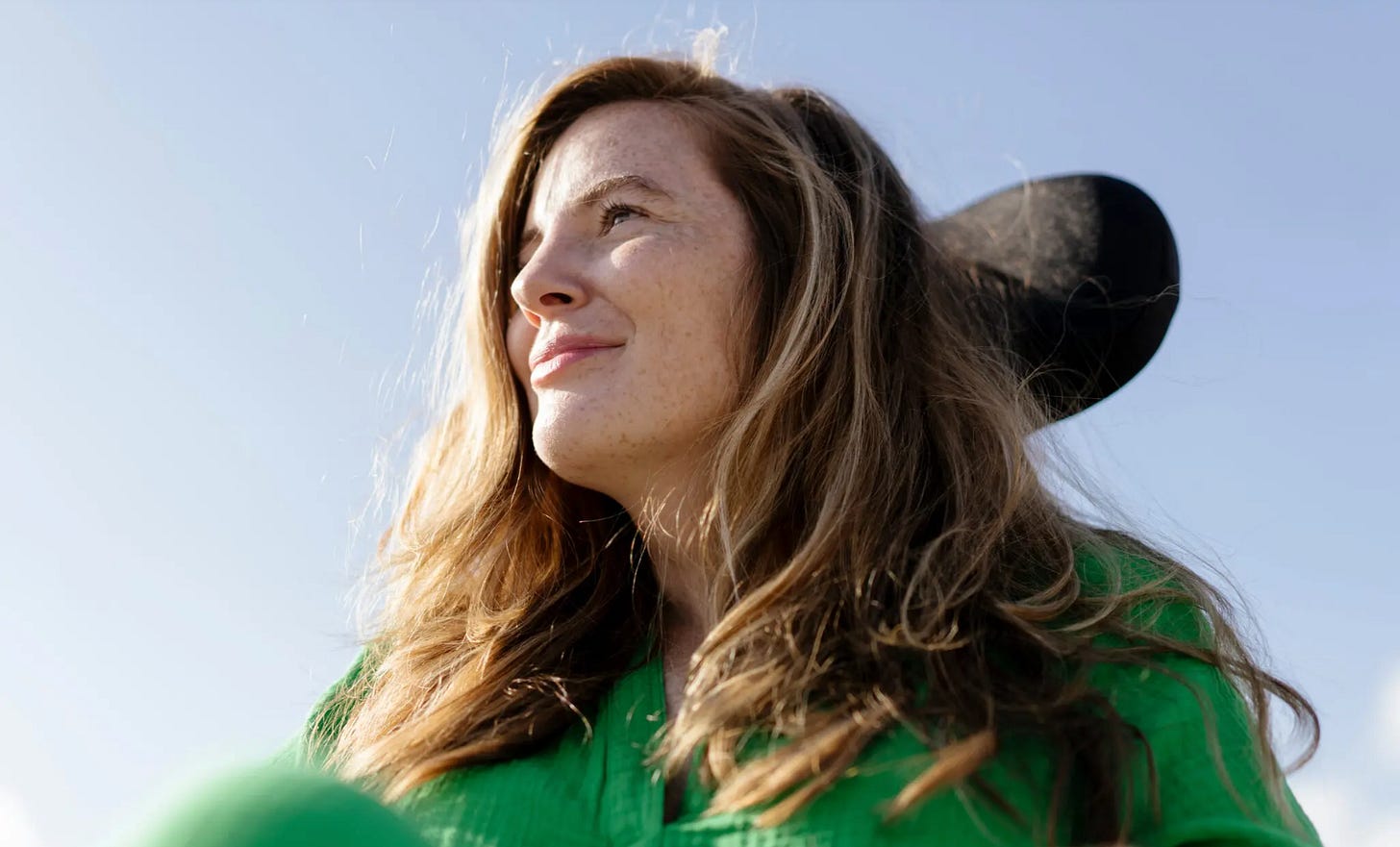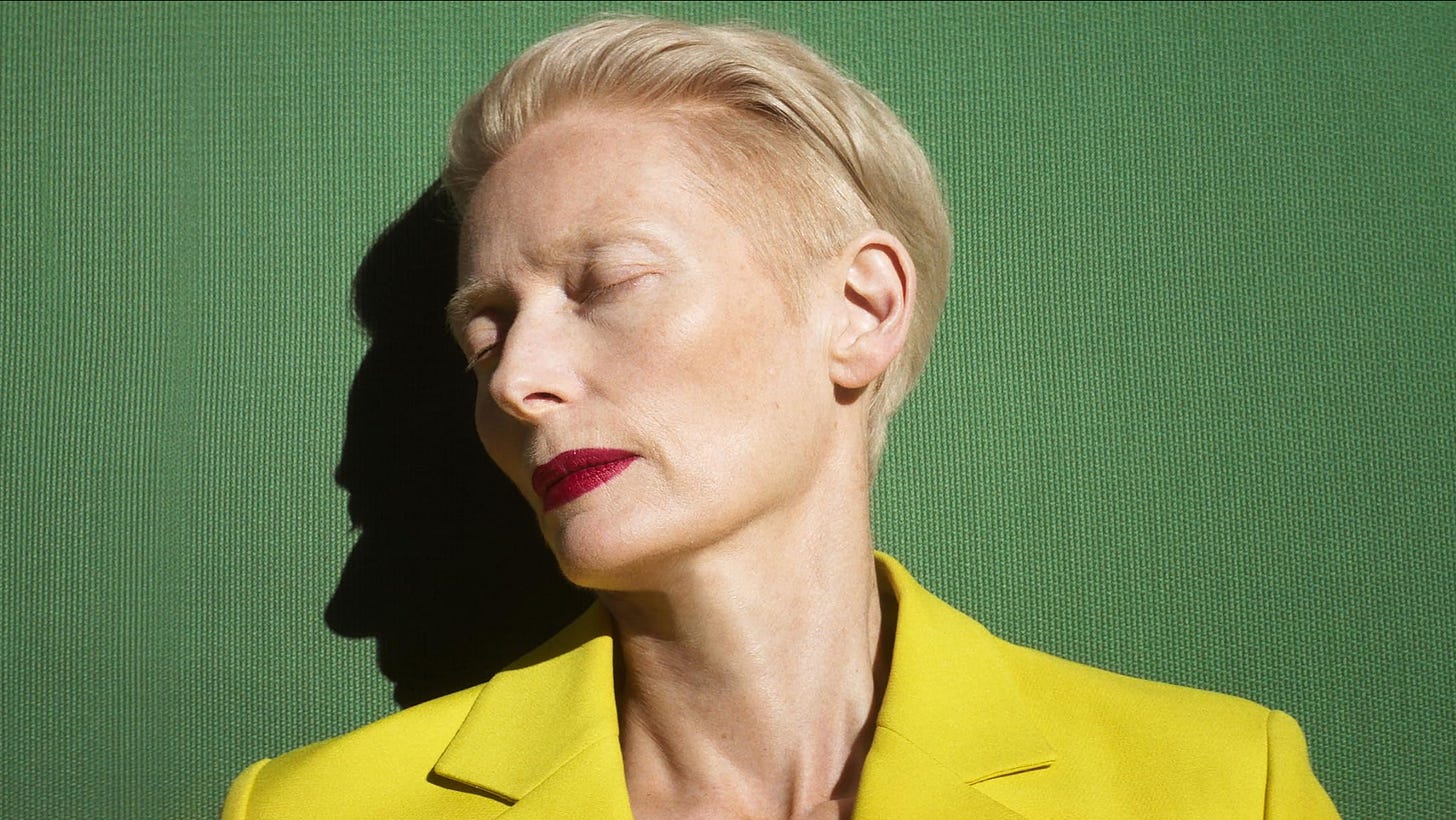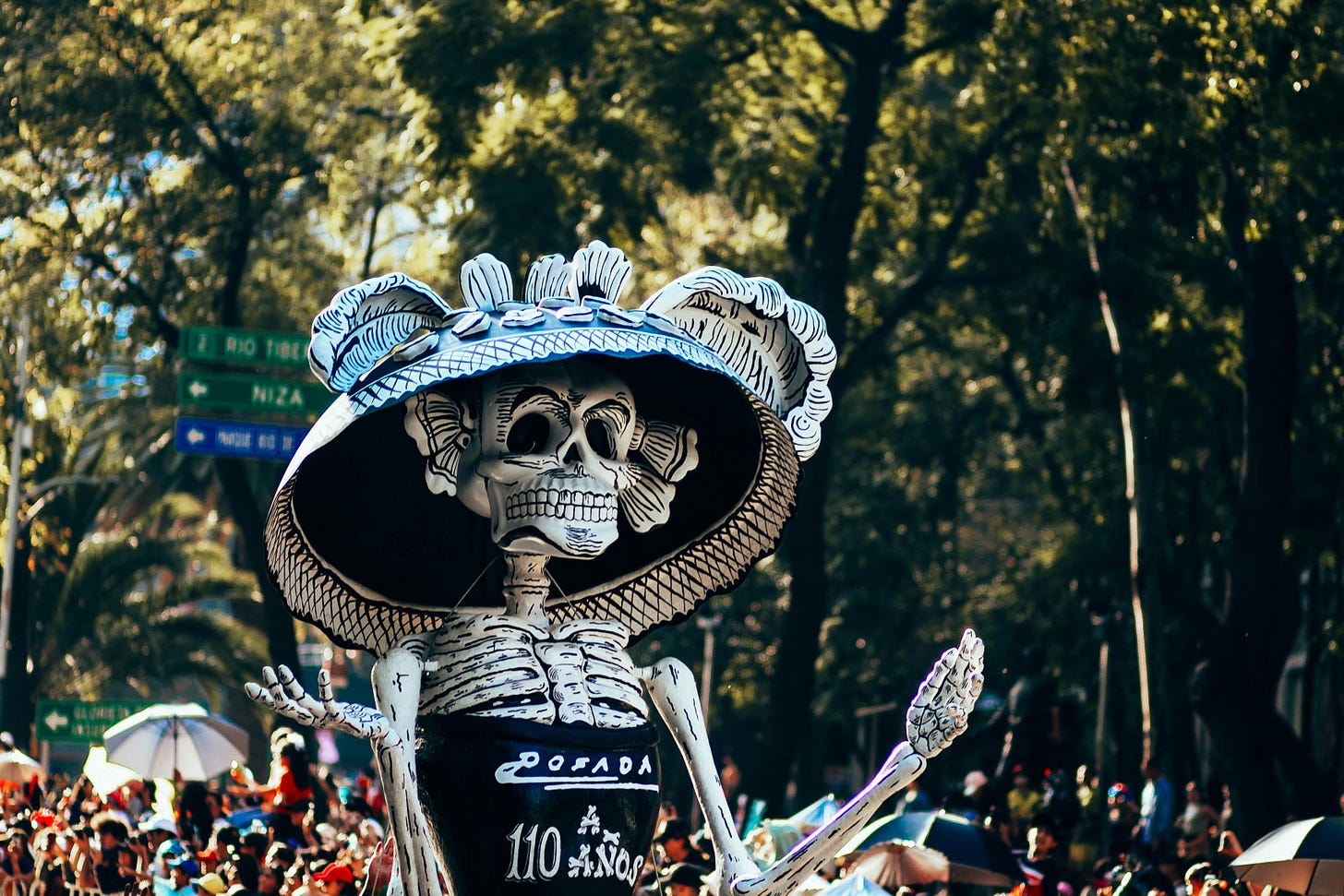For as long as I can remember, I have wanted to live a long life. I’ve always considered aging a privilege—an objective, even. If I am being honest, that is probably because I was equally determined not to die, the idea of death being too frightening. This fear used to have its grip on me—not being here, perhaps, my greatest motivation to live a long, prosperous life. But then, when I lost someone(s) too young, I was forced to stare down my fears and make friends with my fate.
It has been a long journey from who I was then to who I am today—a woman who has a will drafted and her wishes documented. When this comes up in conversations with friends, older and younger, their astonishment astounds me. Yes, I’m too young to die, yet I’ve lost people so much younger than me—so why is planning for that so unfathomable? Just as we are born, we are destined to die. As inevitable as rain, we can’t avoid our own demise, yet it seems we spend our lives hellbent on evading the subject. So today, I am here to ask:
Why is talking about death so taboo?
This past weekend, I finally got around to watching Pedro Almodóvar’s most recent film The Room Next Door, which centers on a woman with cancer and an old friend who ends up being her conspirator and companion as she faces a distressing diagnosis. I won’t ruin the movie by disclosing the plot, but when I first saw the trailer, it brought to mind another film that left a lasting impression on me: Blackbird.
Passing On Your Own Terms:
I’ve referenced this film many times—mostly in my own reflections, and only a handful of times in conversation with friends. As I’ve learned, exploring or discussing our own death with others is not a welcome dialogue, but this film helped me to delve into dying. Blackbird tells the story of a mother, a wife, but perhaps most importantly, a woman living with ALS, making an impossible yet powerful choice to leave this life on her terms—with a sense of dignity that is only hers to define. I found the movie as startling as I did stunning. In the film, we witness the grief that can surface even before we lose someone. No child wants to fathom the passing of a parent or loved one, and yet, having lost people without warning, for me personally—a chance to say goodbye feels like a gift.

Losing our elders, whilst immensely painful, is easier to contend with than the loss of our youth. We’re raised to believe you die old, not young. So much potential gone so suddenly knocks us over. When the winds of grief blew me over, they also opened a window into death I couldn’t close. I grieved, and while I believe we never stop mourning those we’ve lost, we do move forward—with greater purpose and a stronger understanding of how precious time is.
Planning Isn’t Morbid—It’s Loving
I remember watching the parents of my friend having to make decisions about a child they thought—we all thought—would outlive them. The heartbreak of it made me feel for my own mother, who would be so alone if I were to be taken too soon. It had me considering what I would want—how I might document my wishes in an effort to shield her from painful decisions, should the worst ever come to pass. As I journaled my way through grief, when I found solace putting pen to paper, I wrote about how I would want to be remembered. Making decisions for my mother, but also—as I came to realize—for myself. Somehow, by illustrating my worst fears, I was able to sit with the idea of my own death instead of running from it. By sitting with it, I was able to find more peace with it.
This topic has reared its head in many little moments recently—from conversations with friends about aging parents, where I’ve divulged my own end-of-life planning without caution. In trying to find the answers to my mother’s wishes, I’ve had to surrender my own. I don’t want to be left without her and not knowing how to honor her. Most of all, just as I wouldn’t wish it on her, I don’t want to be making important decisions when I’m mourning.
This beautiful post about caregiving by friend and fellow substacker Tami explores this topic beautifully. She says, “Maybe if we could be honest about death, we could talk about dying.” What is it they say? It’s only scary until you try it. And while I can’t say death will never be scary, I think it’s much more approachable when you dare to broach the subject.

Friends Who Become Teachers
Which brings me to another story—a middle school friend turned social media star. But this isn’t your typical story of fame. A few years ago, when I got an Instagram follow request from @limpbroozkit, the profile caught my eye: a familiar name—Brooke Eby—and a mention of ALS. Brooke has always been a bright memory in my life. Even back in middle school she was a spitfire who was as fun as she was fearless.
It wasn’t until she decided to broadcast her ALS diagnosis to grow awareness and help find a cure that I was reminded just how funny she is too! Talk about courage—this woman has bravely documented the progression of her disease and, in the process, showed millions that “a death sentence” can also be faced with strength, with humor, and with stunning vulnerability.
For me, Brooke is living proof that death—even if scary—can be an empowering conversation. After being diagnosed, she realized, “We gotta live life in dog years; we’ve got to make every one of these years worth seven.” Brooke, love, I think you’ve made each year infinite. And one thing’s for sure—whenever your day comes, a day we’re all headed for—your celebration will be one of epic proportion, overflowing with love, because you dared to let us sit with you, and support you.
If you want to support ALS consider making a donation to the The ALS Association:
Planning Isn’t Morbid—It’s Loving
Brooke’s story reminds me that there are so many different ways to approach death, and cultures that embrace death differently. I can’t help but think what a more embodied life we would lead if we were more connected to our mortality.
What if we could get over dying, so we could focus more wholly on living?
The privilege of each moment—not lost on us.
The loss of life—while nonetheless jarring—perhaps, less painful.
What if we could navigate loss by celebrating our loved ones according to their own empowered wishes for being commemorated, instead of the directives they scribble down after decades of avoiding the topic?
Wouldn’t it feel like we were keeping those lost more alive—being able to honor their lives through bringing their heartfelt wishes to life?
Let Me Go
I don’t know if coming to terms with our own mortality would make us live better lives, but I must admit I find the ease of talking about death much more comfortable than the fear of it. Maybe it is still too taboo for you to talk about. And maybe your wish is to go in silence, no song or ceremony.
But I do have one ask of you: Let others live differently from you. “Let them,” as the ever—even overly—relevant Mel Robbins has stirred us to do.
Let people make their own decisions. Let them plan their funerals—or maybe life celebrations—before they turn 30.
And just as they say, “Let me live,”
Let me go—let me die.
Xx
Katie
Thank you for reading Question for you!
P.S. If you liked this post, hit that little heart! It helps boost the algorithm so others who might need these words can find it more easily. I’ll make sure to send some love back your way! ❤️



